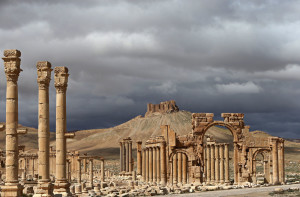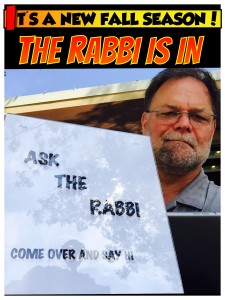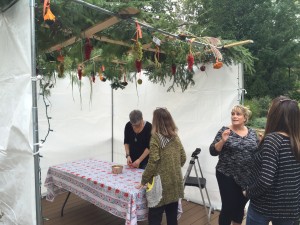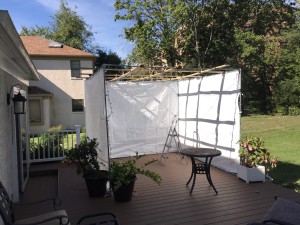 All of us are sickened by the horrible barbaric acts of ISIS and rightly so. Their vision incorporates an intolerant hateful extreme interpretation of Islam, destroying and creating terror wherever they are, in the name of a new triumphant Caliphate.
All of us are sickened by the horrible barbaric acts of ISIS and rightly so. Their vision incorporates an intolerant hateful extreme interpretation of Islam, destroying and creating terror wherever they are, in the name of a new triumphant Caliphate.
We have watched helplessly while ISIS destroys Palmyra, an extraordinary archeological remnant. I find this somehow ironic; for Palmyra is nothing more than remnants. The remains of Palmyra are ruins precisely because of a history where the next invader destroyed what preceded. So ISIS continues to do what has done for millennia.
I certainly do not suggest that ISIS is either civilized or legitimate, anything but. However, human beings have a past where we often find a need to conquer and destroy rather than honor and build upon what came before. These ancient ruins are sites of destruction and murder from history. They are tied to cycles of building and prosperity punctuated by war, overthrow and occupation. Possibly there is more we can learn in this moment beyond how to preserve ancient monuments.
Perhaps if we are to truly honor Palmyra, saving the inhabitants of the land should be the priority. ISIS is partly a reaction to a failed nation-state, which we, the “civilized” West, had supported. The developed countries helped to create a festering problem by permitting strongmen to ruthlessly rule because it was in our political interests to do so, rather than create an organic sustainable government whose legitimacy is derived from the people governed. ISIS is attempting to fill a void created when the dictatorship is finally overthrown and there are no institutions or even a history of governance to take its place.
The “civilized” world must accept its responsibility in creating the situation that now exists and therefore engage in nation building to create a place where the native people can live in peace. In the interim, it is our responsibility to provide safe haven for the refugees and victims of war by providing shelter, food and clothing through temporary facilities as well as through immigration. Only when the civilized world does these things can we say we truly honor our past and that humanity is indeed progressing forward.




